MESSAGE IN A BOTTLE
★ ★ ★ ★
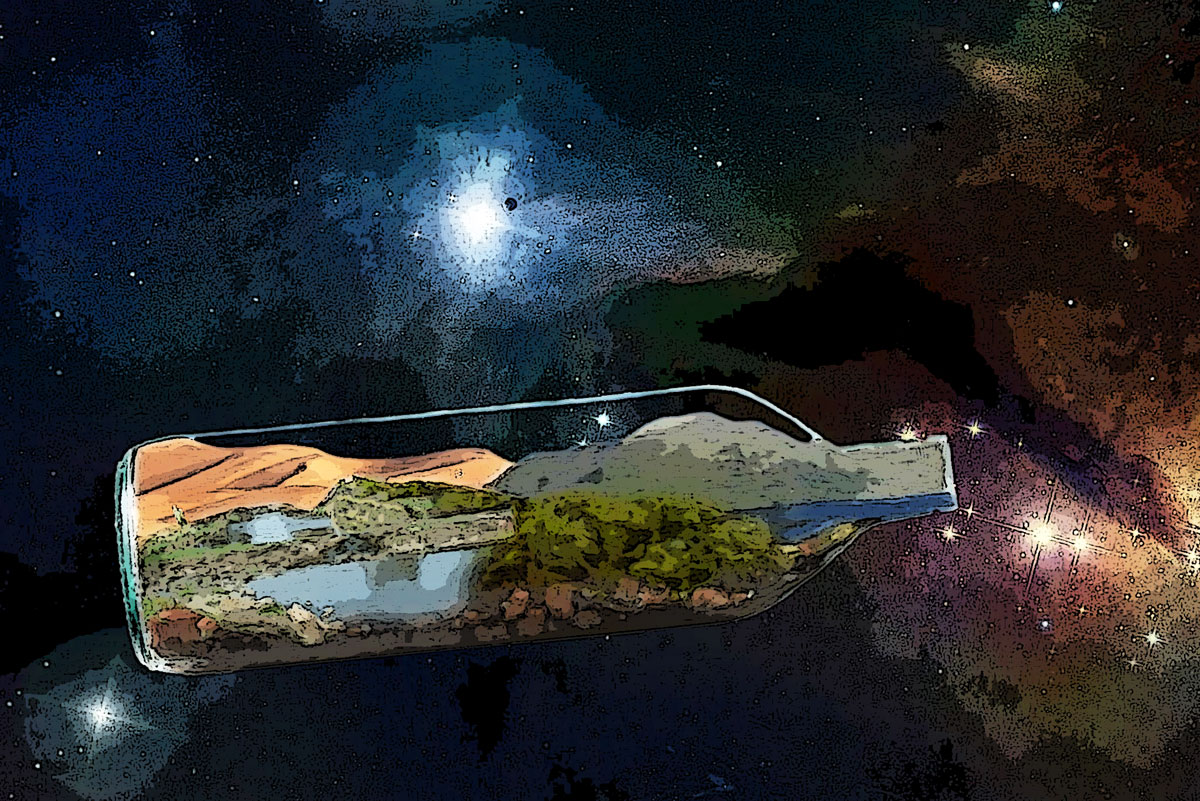
Image by Ashling McKeever
By Kusi Okamura
So much of the time growing up, especially as a girl, we get the message that to be angry is to not be “nice”. But when you have kids you realise there isn’t a day that goes by that you don’t observe some moment of anger and frustration. It’s just part of daily life, of being human.
I remember when my kids were younger how fully they used their bodies when they were upset, backs arching so they became impossible to hold on to. They would not be reined in. Anger was a full-body experience.
Now my toddler will often fling herself on the ground, as if to literally ground herself when upset. My son will clench his fists, cry and will sometimes shout ‘no!’ Of course I know that adult tantrums aren’t the way forward but I have found myself sometimes feeling envious, admiring even, of how my kids can let it all loose.
Anger, for them, is an indicator that something is wrong with the world. I see it most when they feel a boundary has been crossed. Okay, so this could be as simple, or as ridiculous, as a broken cracker (which, by the way, they broke, on purpose), or maybe it’s a question of being “hangry”—the lethal combination of being angry and hungry at the same time. But overall, I see that they get angry when they feel something is unfair, or when they feel an injustice has been done unto them. Their anger tells them what is right for them, and what is wrong. Their anger is very, very necessary.
* * * *
As always there were so many moments of inspiration for this issue of the magazine. We had an editorial outing to see the poet Kate Tempest speak in Berlin, and I was strongly moved by hearing her speak on the issue of being a citizen of the earth. Her art is all about engagement with the world we live in. She spoke a little on the refugee crisis and she said that as a citizen of the earth, to see injustice and not to speak out was to be complicit in that act of injustice.
Other ideas came out of discussions, and in particular with the artist Ashling McKeever. We talked at length about perspective, and the idea of seeing the world from this particular moment in time came about. At first it was an image of a time capsule of the Planet Earth, to be found by some other existence in a far-off future. And then somehow it progressed to the idea of a message in a bottle. That form of communication used in times of distress. When one is shipwrecked, marooned, adrift.
And somehow that fit with where our world seems to be now.
In her final illustration, Ashling envisioned a bottle floating in space with the Earth of mountains, of valleys, of oceans, of deserts inside.
But what would our message say, as citizens of this earth?
Part of me feels like if we were to bottle our world now it would be a terrible and deafening cry, so that when the bottle became uncorked something like Munch’s ‘The Scream’ would come roaring out.
But on the other hand Ashling’s image of our beautiful Earth also seems to me to be one of resistance, optimism, of hope.
So I thought long and hard, and struggled and fought to find the right words for a message. In the end a phrase kept coming back to me—‘This is not the best of us.’
* * * *
The original idea of The Wild Word was to have a platform for artists, writers, musicians and passionate people to engage, debate, argue and rage about life and the world around us. And this month’s magazine on the theme of EARTH is no exception. The responses have been as urgent as ever.
We go with the gut at The Wild Word, and nothing moved us more than the recent Stanford rape case. In a Wild Word editorial our columnist Jami Ingledue wrote a heartfelt and fierce essay ‘No More’ as a mother/daughter/woman, in response to white male privilege, and sexual violence against women.
In this issue, in an environmental special, both our Soapbox columnist Mike Hembury and activist and writer Mark Hoskin rage against the systems that have created terrible inequality and are killing our planet, and both call for urgent and immediate change.
Our Progressive Punch pundit, Maria Behan wrote about the terrible aftermath of the Orlando shooting in which America is now battling with its heart of darkness, politically and socially, and how the Sanders revolution is the light at the end of the tunnel.
And most recent of all has been the shock vote of Brexit, which has left the world reeling. Artist Charlotte Brisland gave her sad and emotional response and spoke about her “heavy heart” in ‘A Deep and Shocking Blue’.
Over and over, not only in this issue but since The Wild Word began, the messages from our contributors have been resounding loud and clear. People are frustrated, angry and tired of the violence, the injustice, and the inequality. Something is wrong and things have to change.
We are now at a critical juncture in human history. We disengage with our own feelings, and with the world around us to our own detriment and to the detriment of our planet.
It is time to reconnect, speak up, and get our message out there.

Kusi Okamura is a writer and the founder and editor of The Wild Word. She lives with her family in Berlin, Germany.

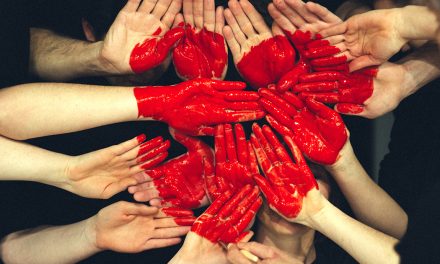
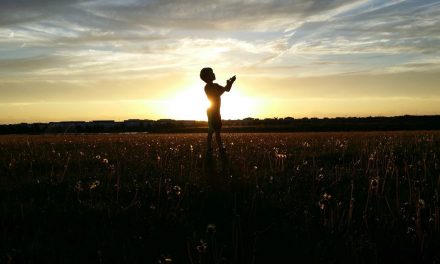
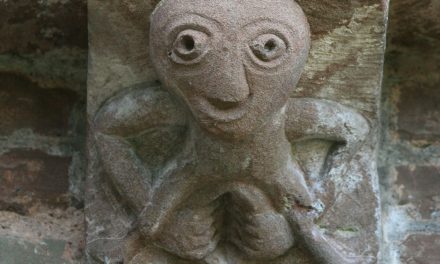


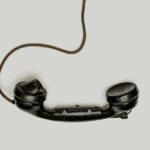
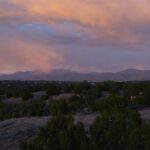



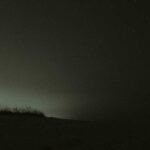

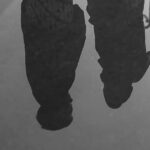



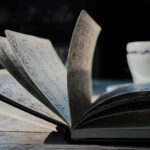
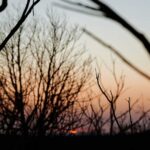



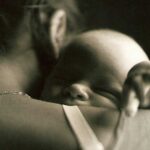

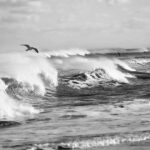
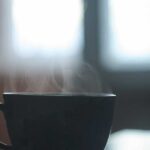

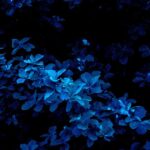
Hell yeah!